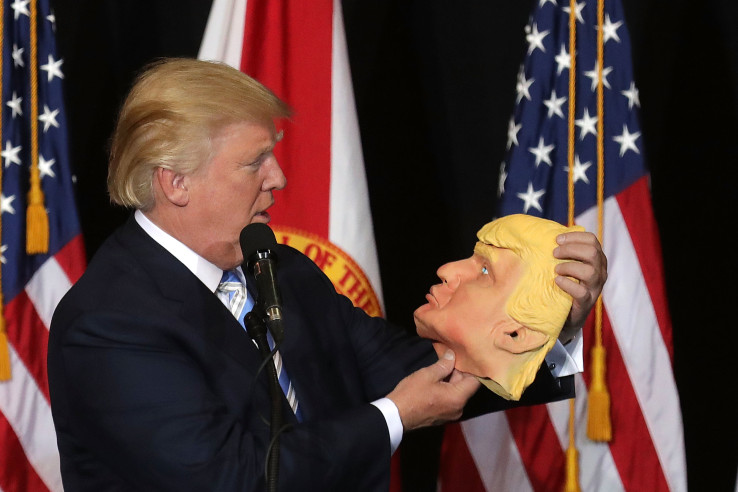

President-elect Donald J. Trump’s Strategic and Policy Forum has picked up two of the highest-flying and hardest-driving executives in the tech industry with the addition of Uber Technologies’ Travis Kalanick and SpaceX’s Elon Musk.
Announced today, the two appointees join a board headed by private equity titan Stephen Schwarzman, who heads the multi-billion-dollar private equity firm The Blackstone Group (it also was announced that Indra Nooyi, CEO and chair of PepsiCo, is joining the forum).
Created by the President-elect earlier this month, the forum includes some of the biggest names in American business, including: GM head Mary Barra; Jamie Dimon, the chairman and chief executive of JP Morgan Chase; Larry Fink, the chairman and chief executive of BlackRock; Bob Iger, the head of The Walt Disney Company; Rich Lesser, the head of the Boston Consulting Group; Ginni Rometty, the head of IBM and retired executives like Jack Welch from General Electric and Jim McNerney, who led Boeing.
It’s not clear how often the forum will meet — but its first meeting is slated to occur at the White House in February.
In a statement Kalanick said, “I look forward to engaging with our incoming president and this group on issues that affect our riders, drivers and the 450+ cities where we operate.”
SpaceX confirmed Musk’s appointment, but declined to comment further.
The appointments of Musk and Kalanick coincide with a meeting the President-elect is conducting later today at Trump Tower in New York with some of the technology industry’s most powerful executives, including Oracle’s Safra Catz, Apple’s Tim Cook, Alphabet’s Larry Page, Facebook’s Sheryl Sandberg and Microsoft’s Satya Nadella.
While Kalanick’s addition may be a strategic decision by the head of Uber to try to ensure a smooth IPO process and avoid running afoul of the president’s Twitter-fueled stock manipulations, Musk’s motivations are less clear.
The head of SpaceX and Tesla Motors (one of the last shining stars from venture capital’s cleantech investment wave of nearly seven years ago), Musk has been unabashedly critical of Trump.
Musk isn’t the only member of this forum whose views seem to contradict “the Donald” when it comes to climate change.
Daniel Yergin, the Pulitzer Prize-winning author of “The Prize” and “The Quest” has written about the promise of alternative energy, and Wal-Mart’s chief executive Doug McMillon has joined President Obama to support several initiatives. Meanwhile, both Fink and Iger have donated to Democratic campaigns.
In truth, this advisory committee could be little more than an attempt at bi-partisan window-dressing for a Trump administration that has shown itself to have little regard for issues Silicon Valley holds dear when it comes to cabinet-level appointments for any number of departments.
The incoming administration has nominated a candidate to head the Department of Energy who has called for its dissolution (when he can remember what it’s called); a would-be Secretary of Education who doubts the efficacy of public schooling; and a Secretary of State who has close ties to the Russian government (which is currently accused of hacking into government and corporate websites and influencing the outcome of the election).
Climate change, education and internet security are things that Silicon Valley purports to care deeply about, and issues on which most prospective nominees in a Trump administration have taken positions that are antithetical to the stance of the luminaries on Trump’s strategic committee.
Given that fact, it’s unlikely that any advice from these corporate figures will carry much weight.
In a statement earlier this month announcing the committee, the President-elect’s transition team described it as “designed to provide direct input to the President… in a frank, non-bureaucratic, and non-partisan manner.”
Featured Image: Chip Somodevilla/Getty Images

